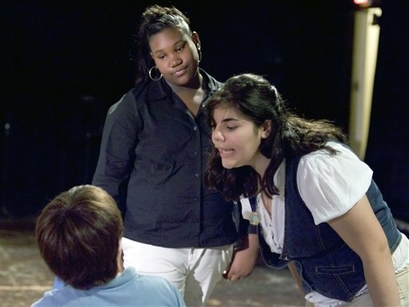 CLICK to read article on TODAYshow.com
CLICK to read article on TODAYshow.com"Lyndsey Fry has a message about kids who attend school online: 'We're not slackers.'
The 17-year-old hockey phenom from Arizona moved from online high school diploma to Harvard. Now her younger brother Wesley seeks a similar goal — to graduate from the same virtual high school.
'It will be a whole new experience,' said Wesley, 15, who forayed into virtual learning this fall. 'I'll miss my friends, my school. But I won't miss getting up early, especially to catch the 6:30 a.m. bus.'
Kidding aside, the Frys' choice of online schooling is serious stuff: The fastest-growing trend in education has more than 2 million students enrolled nationwide, said Susan Patrick, president of the International Association of K-12 Online Learning, an advocacy group in Vienna, Va. In the U.S., 32 states provide virtual learning, with 25 states offering a full-time online education, she said.
'Some people think that online learning is just a piece of software, but it's much more than that,' said Patrick. 'What we're trying to do is to make the online option available to every student. And students are interested.'
- Sent using Google Toolbar"










